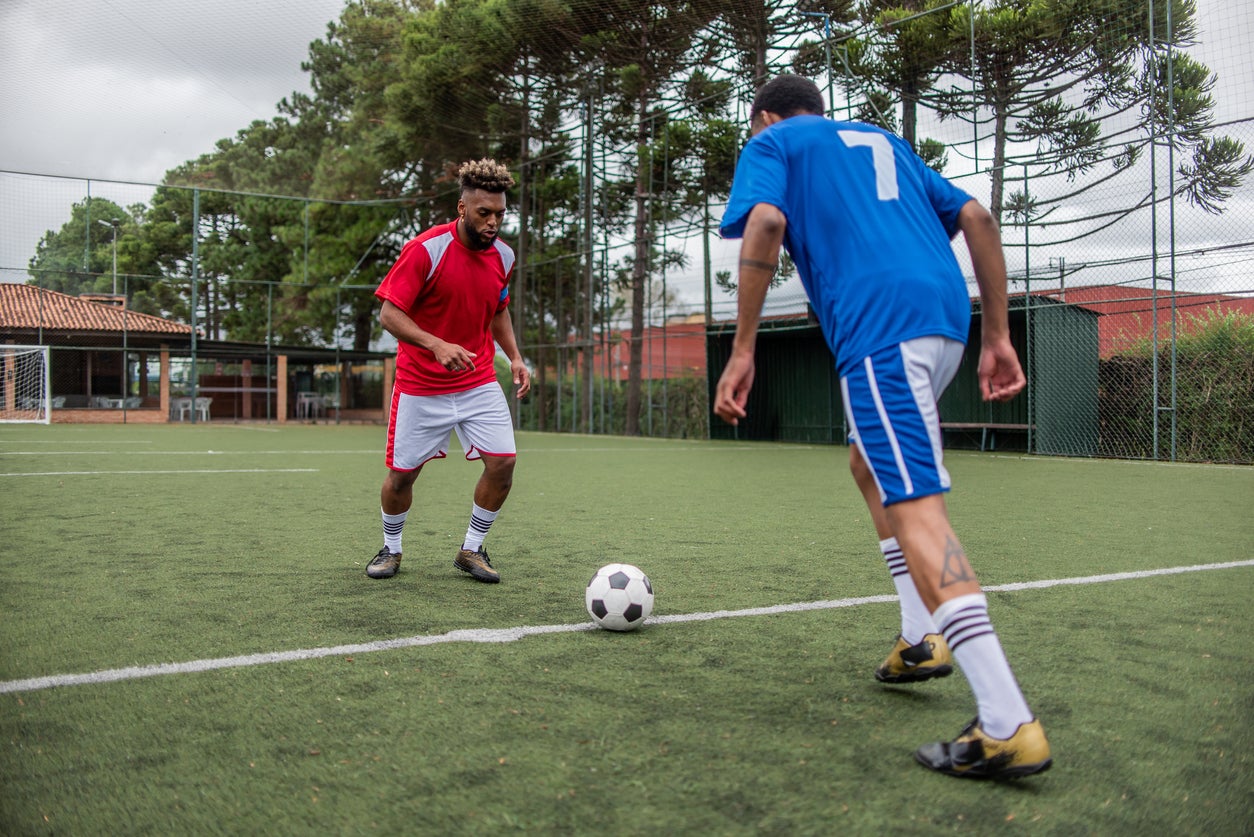
“Athletes don’t necessarily need more practice; they need better practice. Coaches must also keep in mind that by definition athletes will only be able to complete short bouts of deliberate practice because of the intense mental and physical demands of this type of practice. The potential benefits of deliberate practice for developing athlete talent and skill will be wasted unless coaches balance the need for deliberate practice with deliberate recovery.”
Coaching Better Every Season by Wade Gilbert
I recently read of a study in which head coaches of professional soccer teams were at risk of being fired. The authors of this study measured the physical output of players during practice. Over the course of these pressured weeks, it was noted that coaches required players to exert more and more physical effort during practice as the need for success became more critical to save their job. The authors also measured the physical activity of the players after a coach had been fired. What do you think happened? The new coach reduced the amount of physical exertion during practices. The players had been overtraining which in many ways might have contributed to their poor performances. The coaches, feeling the heat of impending dismissal, had likely held to the mantra of “We just need to work harder.”
As coaches, we must recognize that our practices should be designed for efficiency and effectiveness. Too often, practices are disorganized and disjointed. Players spend far too much time waiting for the next activity or listening to too much instruction. As a physical education teacher and professor, we were taught to limit instructional activities as well as management activities to ensure that our students acquired maximum time engaged in the activity. This was not something that just happened but required deliberate effort to plan out each lesson. As coaches we must do the same to ensure that our athletes are getting what they need in an efficient and effective manner. We must also recognize that time spent in practice does not equate to quality. Just because an athlete worked out for a long time doesn't mean the workout was particularly beneficial. Last, we must identify times where I can achieve opportunities for recovery. Athletes may view “rest” as a negative term so the term “deliberate recovery” may be more well received.
Ask Yourself
When my athletes are not performing to their potential, do they need to be working harder or working less?
Do I plan out my practices beforehand to ensure that time is not wasted on unnecessary instruction or management?
Do I encourage my athletes to take time off and deliberately rest even when they claim they don’t need it or don’t want to? Do I take time off and deliberately rest?

